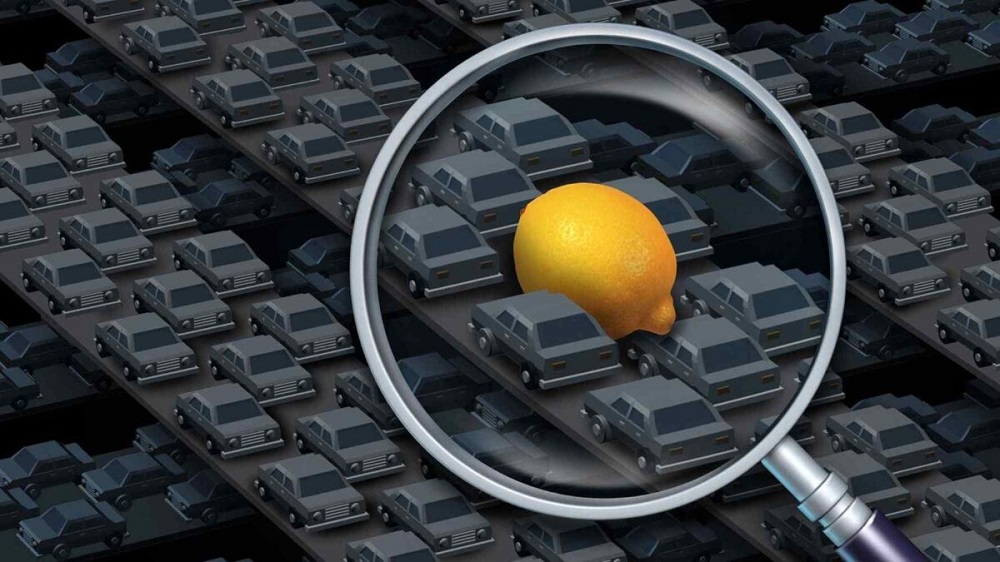In 2025, cars are less like simple machines and more like rolling computers. Electric vehicles (EVs), advanced driver-assistance systems, and over-the-air software updates promise convenience and safety—but they also create new kinds of defects. When those problems keep sending your car back to the shop, California’s lemon law can turn frustration into real compensation. And in this new tech-heavy era, getting guidance from an experienced lemon lawyer is often the most brilliant move.
The new face of “lemons” in 2025
Traditional lemon law cases once centered on engines, transmissions, or brakes. Those issues still happen, but electronics and software increasingly drive recent claims:
- EV battery failures and rapid range loss
- Charging problems and sudden shutdowns
- Faulty driver-assistance systems, like lane-keep or adaptive cruise
- Over-the-air updates that introduce new defects instead of fixing old ones
California courts and regulators are seeing more cases in which a “fix” via a software patch leads to new safety problems. At the same time, updated statutes and court decisions in 2025 are providing more apparent timelines for when drivers must act, especially regarding warranty periods and claim deadlines.
When ongoing issues may qualify as a lemon
California’s lemon law generally protects consumers when a vehicle has a substantial defect that affects its use, value, or safety, and the manufacturer cannot repair it after a reasonable number of attempts. That can include EVs, plug-in hybrids, and high-tech gas vehicles.
Warning signs that your car may qualify:
- The same serious problem has been “repaired” multiple times, but keeps coming back
- The vehicle has spent 30 or more cumulative days in the shop for warranty repairs
- Safety systems such as brakes, steering, seatbelts, or door latches still feel unreliable
- Software bugs or failed updates leave you without cameras, warning systems, or accurate displays
Because modern issues are often digital rather than obviously mechanical, dealers sometimes dismiss them as “glitches” or “normal behavior.” That’s where a lemon lawyer can help translate your real-world experience into a legal claim that the manufacturer must take seriously.
How a lemon lawyer protects you in a tech-driven case
Going up against a manufacturer on your own can be overwhelming, especially when the dispute involves complicated software or EV components. A focused attorney can:
- Review your purchase or lease paperwork, warranty, and repair orders
- Connect recurring symptoms (like shutdowns or warning lights) to likely defect patterns
- Explain whether your case fits California’s lemon law standards under the current 2025 rules
- Negotiate for a refund, replacement vehicle, or cash settlement
- File a lawsuit if the automaker drags its feet or offers an unfair deal
Critically, California law is designed so that, in a successful lemon case, the manufacturer usually pays the consumer’s reasonable attorney’s fees. That fee-shifting rule makes it easier for everyday drivers to get help from a seasoned lemon lawyer without worrying about huge upfront legal costs.
Why Seven Laws is built for today’s lemon law challenges
Seven Law is a California firm that focuses on representing drivers stuck with defective vehicles—including EVs, hybrids, and tech-heavy SUVs. The firm’s own resources emphasize that California’s Song-Beverly Consumer Warranty Act applies fully to electric vehicles, and it regularly publishes guidance on EV-specific issues such as battery degradation, software bugs, and malfunctioning safety systems.
On its website, Seven Law offers:
- Clear explanations of how the California lemon law works
- Blog articles dedicated to modern problems, such as EV defects and software failures
- Free case evaluations for qualifying vehicle owners
Because the firm focuses on these cases, its attorneys are familiar with patterns in recent recalls, how manufacturers respond to software-based claims, and how updated 2025 timelines can affect a driver’s rights.
Steps drivers should take right now.
If you’re dealing with repeat problems—whether hardware, software, or both—there are practical actions you can take today to strengthen any future claim:
- Document every visit. Keep copies of repair orders, update notices, and technician notes.
- Describe issues clearly. Make sure service advisors write your exact complaint, not vague phrases.
- Track time in the shop. Note each day your vehicle is unavailable.
- Save digital proof. Screenshots, photos, and videos of warning messages or failures are extremely valuable.
- Get legal guidance early. A short conversation with a firm like Seven Law can clarify your options before deadlines pass.
In 2025, persistent vehicle problems are just as likely to come from faulty code as faulty parts. When updates, EV systems, or safety tech repeatedly fail, you do not have to simply “live with it.” Working with a dedicated lemon lawyer and using your rights under California’s lemon law can turn a stressful ownership experience into a path toward a buyback, replacement, or fair cash settlement—so you can finally drive a car that works the way it should.




